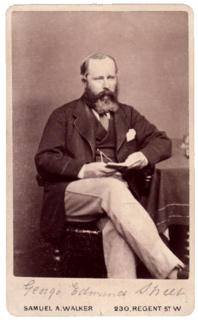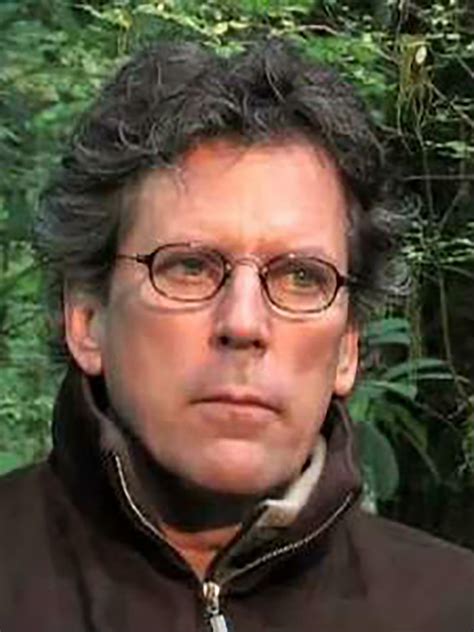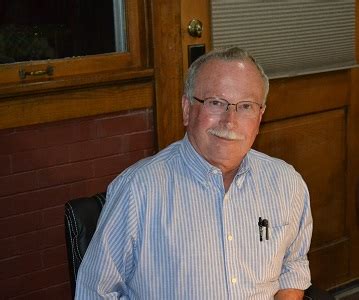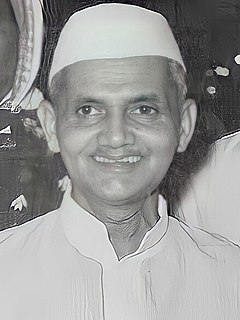A Quote by George Edmund Street
The fault seems to me to have been that men have taken ancient country churches as their models and have failed to discover that between them and churches in towns there ought to be a most distinct and marked difference.
Related Quotes
What James Madison and the other men of his generation had in mind when they wrote the First Amendment was that there should be no official relationship of any character between government and any church or many churches, and no levying of taxes for the support of any church, or many churches, or all churches, or any institution conducted by any of them.
The churches that are growing and thriving are churches that I would call evangelical and orthodox for the most part in their beliefs. They are churches that tend to evangelize ... and encourage their people to share their faith. These are the churches that are actually growing. The ones that are shrinking are the ones that are compromising and watering down what the word of God says.
I don't have any complaints about homosexuals being married in a civil ceremony. But I don't think that the government ought to require religious organizations, churches, should perform marriages between homosexuals if a local congregation decides otherwise. I believe in the autonomy of individual churches.
Suppose there arise a dispute relative to some important question among us, should we not have recourse to the most ancient Churches with which the apostles held constant intercourse, and learn from them what is certain and clear in regard to the present question? For how should it be if the apostles themselves had not left us writings? Would it not be necessary, in that case, to follow the course of the tradition which they handed down to those to whom they did commit the Churches?
We do it all the time, we legislate taste. We do it with the tax code. Churches and children get a tax break, because it's assumed that we all agree that we want to encourage churches and children. I don't. I don't. That's my opinion. I don't want to encourage either churches or children, and it's a very bad idea to put them together.





































